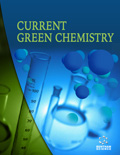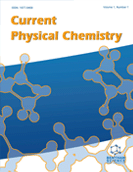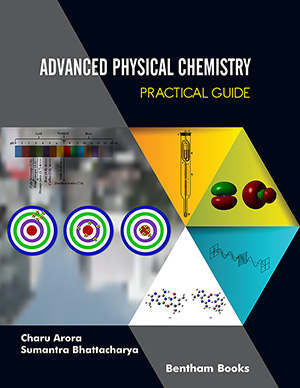Abstract
Background: Water becomes much less polar with increasing temperature, and thus, the solubility of organics in subcritical water is dramatically enhanced. This allows efficient extraction of organic compounds using subcritical water as the extraction fluid while eliminating the use of hazardous organic solvents. Another recently developed separation technique, high temperature liquid chromatography (HTLC), offers several advantages including shorter separation time, better separation efficiency, and reduced quantity of organic modifiers required for the mobile phase.
Methods: In this study, a greener separation approach, the on-line coupling of subcritical water extraction (SBWE) with high temperature liquid chromatography was investigated. The extracted analytes were collected in a short trapping column during subcritical water extraction. Then the HTLC mobile phase was arranged to pass through the trapping column, sweeping the collected analytes, and delivering them into the HTLC separation column.
Results: This on-line SBWE-HTLC system was tested using three very different classes of analytes: BTX (benzene, toluene, and p-xylene), phenols, and benzoic acid derivatives. The extraction matrices were spiked sand and Isatis indigotica roots to mimic soil and medicinal herb samples. The recoveries obtained by SBWE-HTLC are comparable to those obtained by SBWE-HPLC developed previously.
Conclusion: The results of our study reveal that this new SBWE-HTLC coupling technique is as efficient and reliable as the SBWE-HPLC coupling approach. Since organic solvents are eliminated during the subcritical water extraction step and significantly reduced in the high temperature liquid chromatography step, this is an attractive greener separation technique.
Keywords: Benzene, toluene, phenols, benzoic acid derivatives, extraction recovery.
Graphical Abstract


















